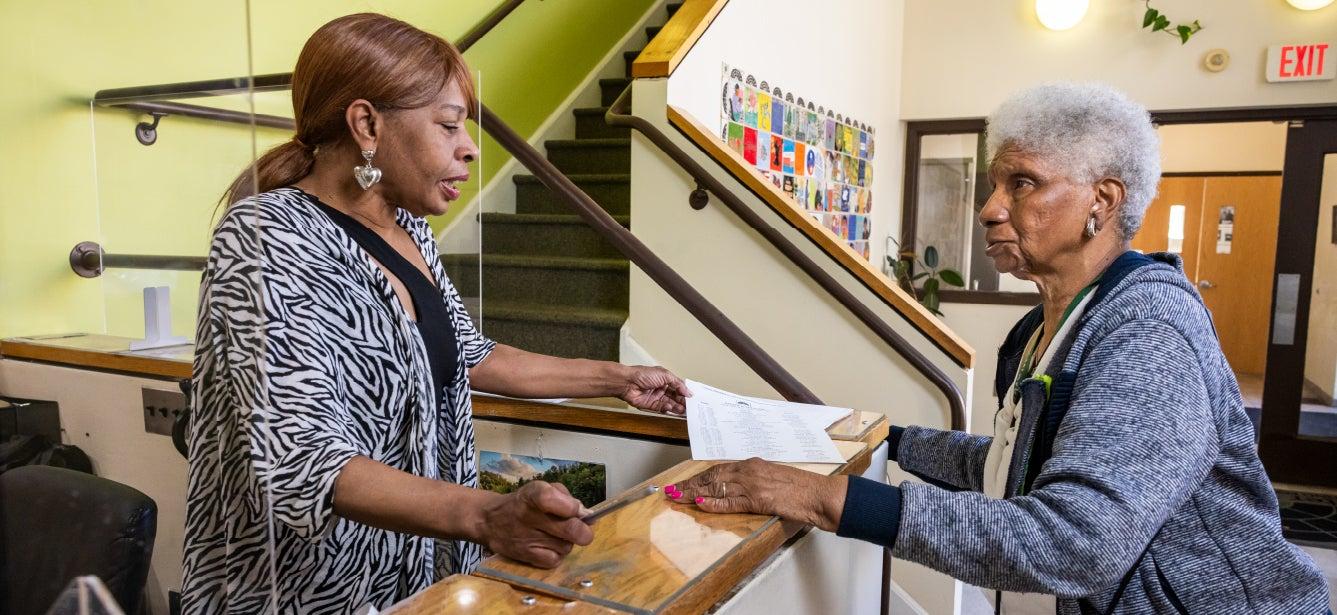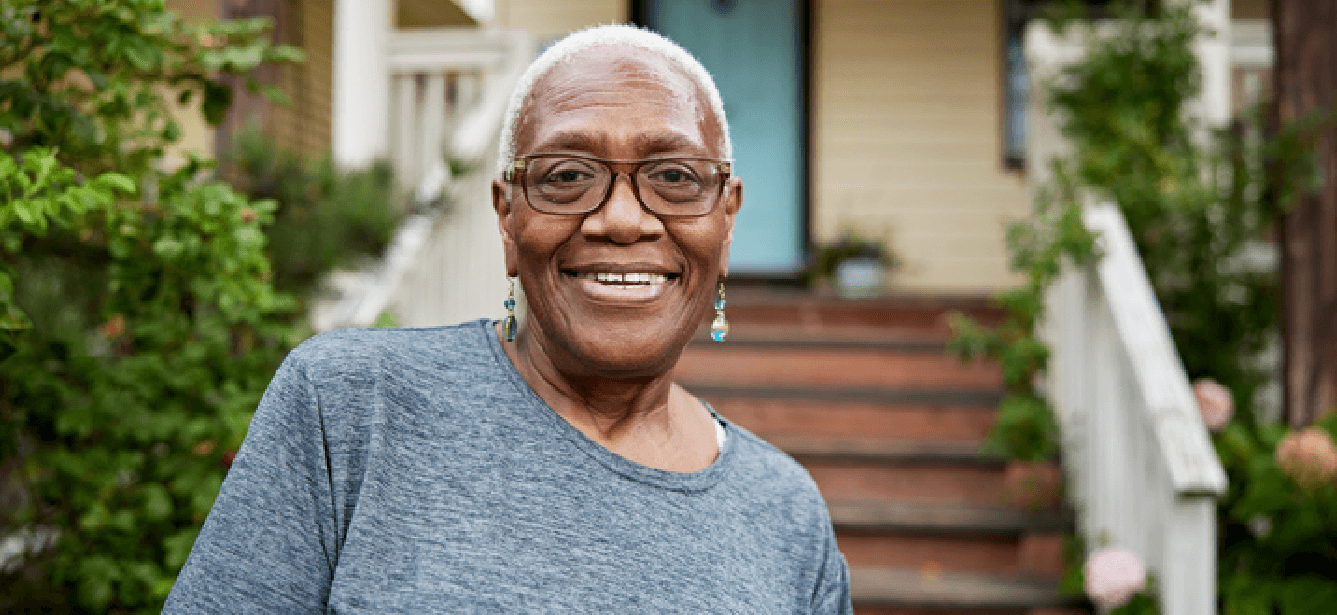Public & Social Policy

How to Help Build Age-Friendly Ecosystems

Celebrating 59 Years of the Older Americans Act
Now in its 59th year, the Older Americans Act (OAA) ensures a network of national, state, tribal, local, and community-based organizations can plan for and implement important programming to ensure all older Americans, especially the most vulnerable, can age well with health, dignity, and independence. Learn more about its history and what you can do to support its reauthorization this year.

Protect OAA Funded Programs
Help protect the federal funding needed to help support older adults, families, and communities. Fight for the Older Americans Act today.
Advocate for Older Adults and Their Communities
Your voice matters. Members of Congress need to hear from you—their constituents—on what issues matter most. Use NCOA's advocacy tool to help protect and strengthen the programs we all depend on as we age.








